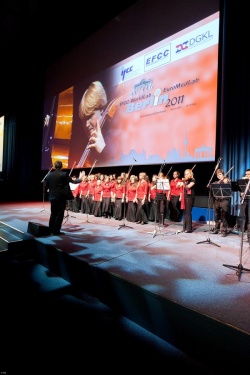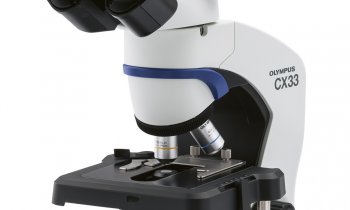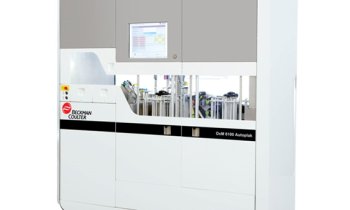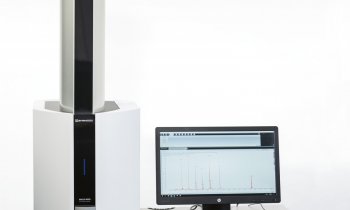IFCC-WORLDLAB BERLIN 2011
‘Heal the world’ sang the Berliner Rundfunk Children’s Choir and Youth Orchestra, and thus aptly began the joint 21st International Congress of Clinical Chemistry and Laboratory Medicine and the 19th IFCC-EFCC European Congress of Clinical Chemistry and Laboratory Medicine, attracting 4,418 delegates, 2,833 visitors and 1,058 exhibiting staff to Berlin in May.


With the motto "Fit for future – help heal the world", the congress scientific programme covered the role of prevention, theragnostics, new technologies and biomarkers in this ‘omics’ era, as well as the relevance of automation and IT and education and training for future professionals in our difficult economic times. Focusing on the Evolution of Medicine to Evolutionary Medicine, in his opening lecture Professor Detlev Ganten (Germany), President of the World Health Summit, took the audience on a journey through Evolutionary Darwinian Medicine, which understands the human body, its organs, cell function, biochemistry and genes to be a result of and living archive of evolution. By learning more of the details of those evolutionary mechanisms on a molecular and genomic basis, new vistas to a better understanding of the basis of health and diseases open up, the professor pointed out. In addition to asking proximate questions how a disease mechanism is best understood, science is now able to investigate the ultimate question: Why we become ill? Prof. Ganten also elaborated on the burden of disease on civilization, leading to a gap between evolutionary body function and modern lifestyle in urban society.
The potential impact of individualised therapy approaches on paediatric cancer clinical research was aired during the session Molecular Tumour Diagnostics, chaired by IFCC president Dr Graham Beastall (Scotland) and Professor Karl J Lackner, President of the German Society of Clinical Chemistry and Laboratory Medicine. Giving the lecture, Dr Gregory H Reaman, Chair of the USA’s Children’s Oncology Group, pointed out that cells treated with GSK3B inhibitors showed repression of endogenous hTert expression, telomerase activity and decreased telomere lengths. Given the role played by GSK3B in a variety of disease states, e.g. cancer, type 2 diabetes and of the nervous system, as well as its role in stem cell pluripotency, these data link telomerase into the emerging picture of pathways regulated by GSK3B with implications for regenerative medicine and cancer therapeutics.
Professor W Nicol Keith, from the Institute of Cancer Sciences, University of Glasgow, focused on cancer gene expression and a systems biology approach to biomarker and drug development. His research focuses on the development of novel therapies that target cellular senescence and telomerase. ‘One of the fundamental changes required for tumourigenesis is escape from cellular senescence,’ he emphasised. ‘Strategies to induce senescence in cancer cells might provide future therapies complementary to existing interventions aimed at apoptosis.’ He believes that progress toward senescence targeted drug discovery could be accelerated by applying novel screening technologies and, particularly, cell-based screening approaches to identify and validate small molecule agonists/effectors or stabilisers of senescence.
Recently, Professor Christoph Wagener, University Medical Centre Hamburg- Eppendorf, explained in his lecture Post-translational modifications in tumour diagnosis that, in the future, human glycoreceptors might be used as analytical tools to bind tumourassociated glycostructures. Since glycoreceptors are expressed in the cells of the tumour micro-environment, he concluded, the glycan structures of circulating cancer biomarkers recognized by the respective recombinant glycoreceptors might carry biological information and increase the specificity of tumour diagnosis.
* IFCC - Worldlab 2014 – Istanbul, Turkey. 22 - 27 June 2014 Details: http://www.istanbul2014.org/
20.06.2011










